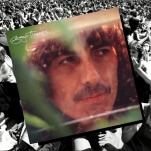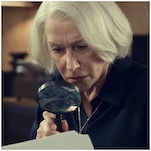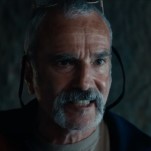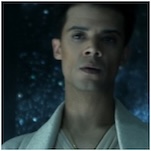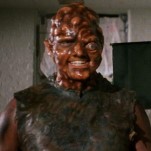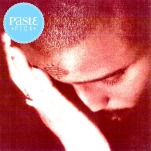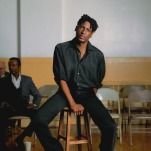You’re the Worst: “Talking to Me, Talking to Me”
Byron Cohen/FX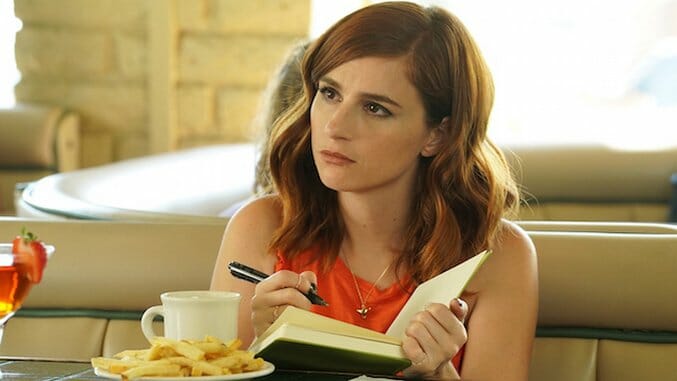
Wheel of Fortune has had its day, though one wouldn’t know it from the most recent seasons of Transparent and You’re the Worst: In both, including the latter’s “Talking to Me, Talking to Me,” the long-running game show’s bright wedges and blank squares suggest the abrupt and arbitrary nature of change, the unfathomable intersection of choice and chance.
The metaphor itself—life’s wheel of fortune—is hackneyed, perhaps, but Wheel’s element of risk is all too apt: Its contestants’ fundamental error is overconfidence, attempting to pile up the cash and prizes before they solve the puzzle, only to see their winnings disappear. As “Talking to Me, Talking to Me” reaches its sudden, cruel conclusion, then, with Jimmy confessing to Gretchen that he doesn’t recognize his life, their earlier sense of contentment—her mindfulness, his treehouse—comes to seem slightly foreboding, a moment of high hopes still to be dashed by Wheel’s familiar womp, womp. “I don’t know if I’ve made any of the right decisions,” he adds, solving the puzzle without her. “Everything could be wrong.”
The Wheel of Fortune conceit is more compelling than it might appear, but I’ll admit that Jimmy’s arc this season has fallen short of my expectations. The slow, careful introduction of Gretchen’s depression, which I described at the time as a “brilliant long con,” edged up to the subject until it burst forth; by contrast, Jimmy’s airborne epiphany is so precipitous, and so total, that it sweeps away the season’s groundwork in favor of a single scene. Whatever it is that Jimmy sees through that window, watching Gretchen’s evening routine from on high, neither the construction of “Talking to Me, Talking to Me”—written by Alison Bennett and directed by Wendy Stanzler—nor Chris Geere’s performance manages to capture it. As far as the audience is concerned, his own adventure in mindfulness produces no more than a mirage.
-

-

-

-

-

-

-

-

-

-

-

-

-

-

-

-

-

-

-

-

-

-

-

-

-

-

-

-

-

-

-

-

-

-

-

-

-

-

-

-

